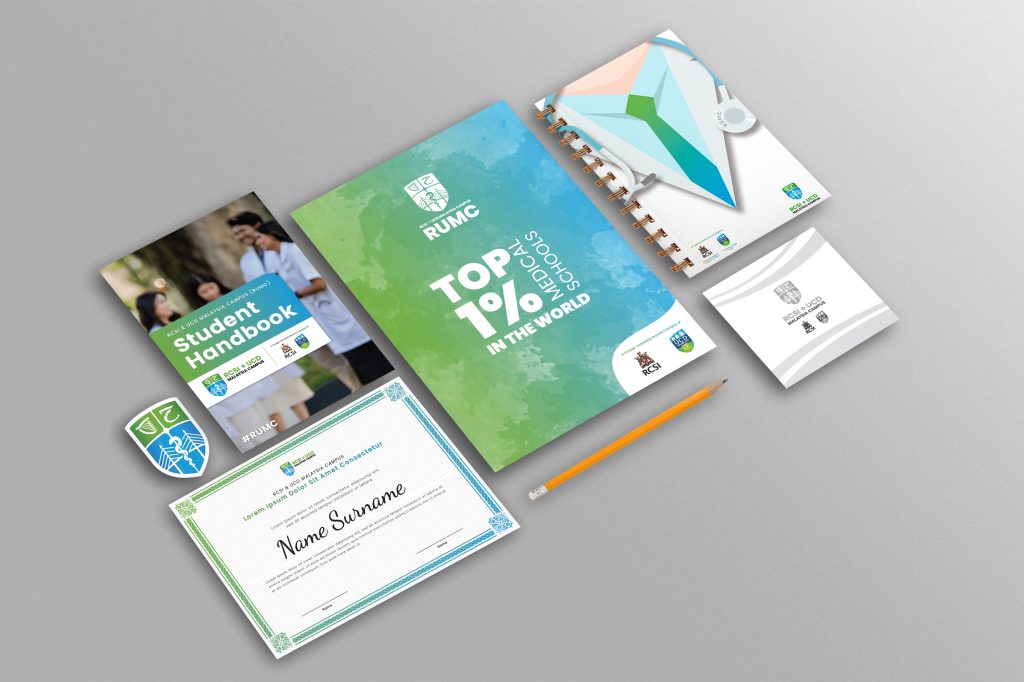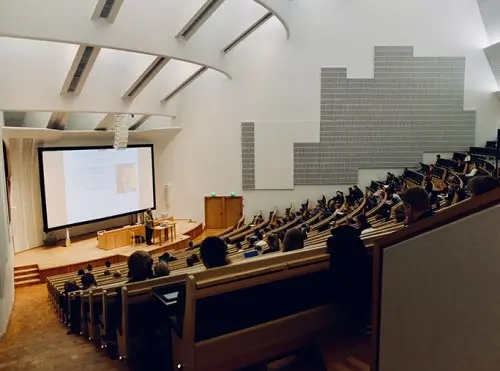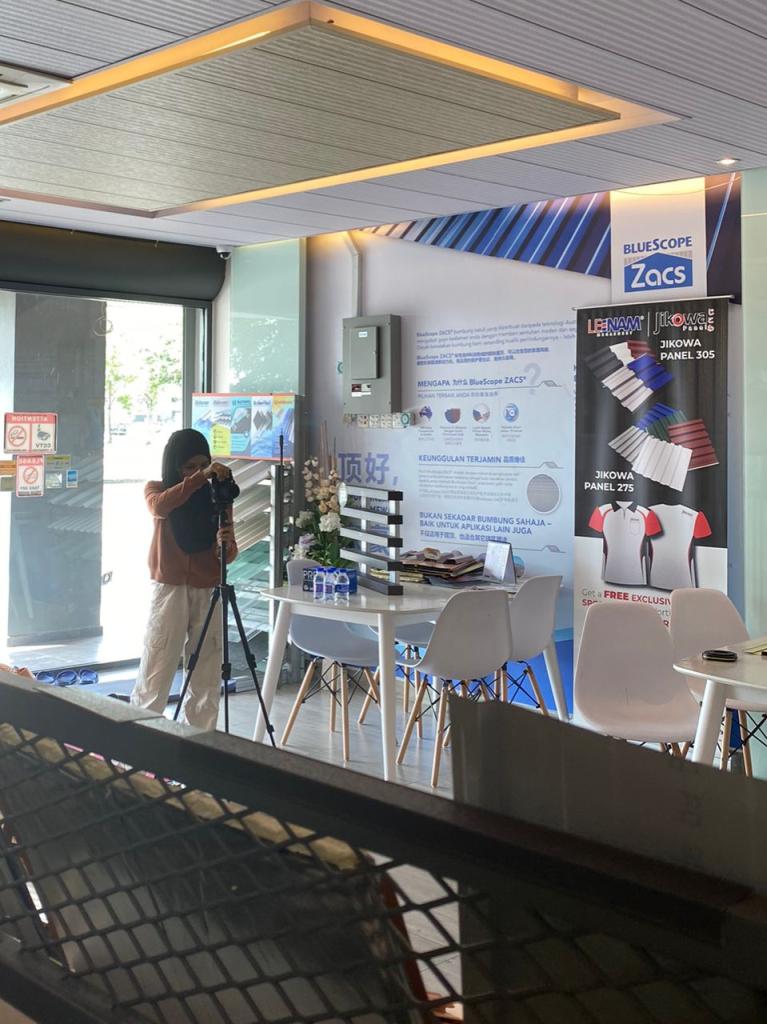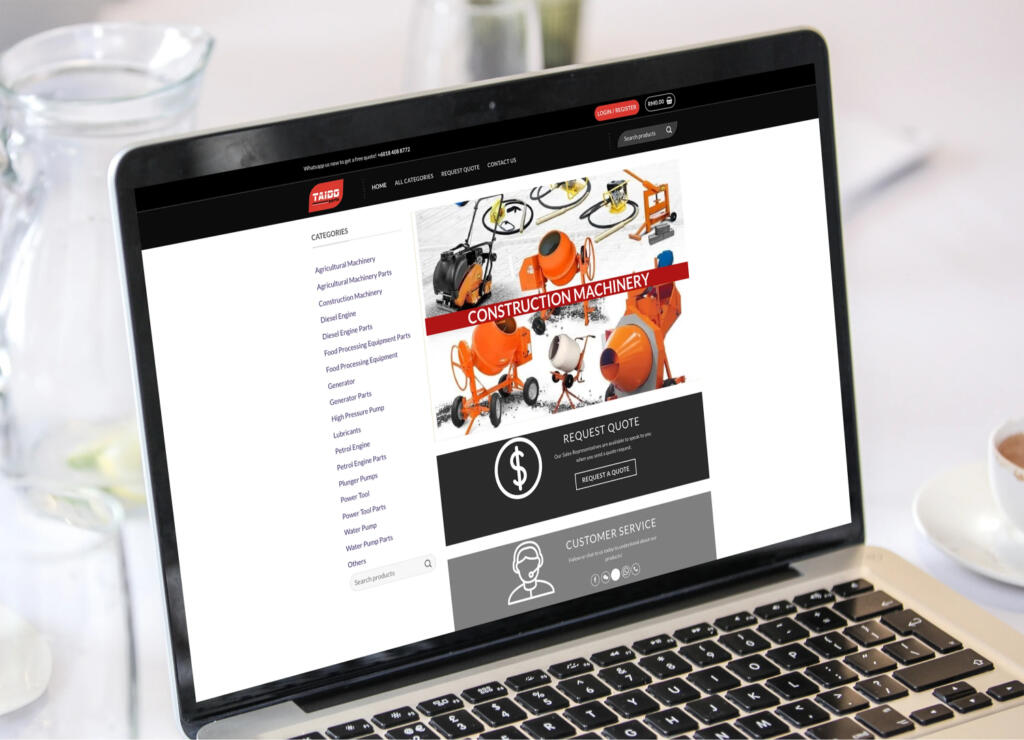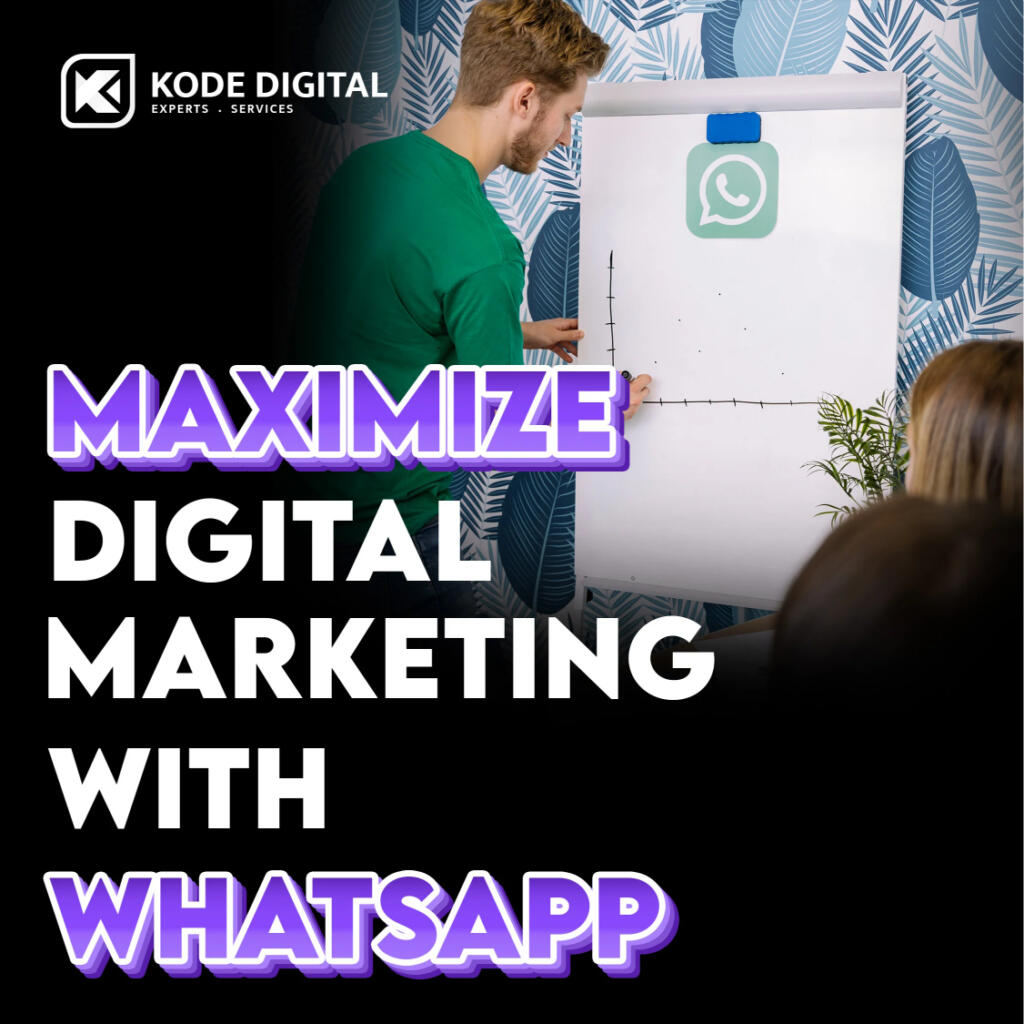Our top-tier consultancy services provide strategic guidance to elevate your entire digital presence.
Learn MoreContents

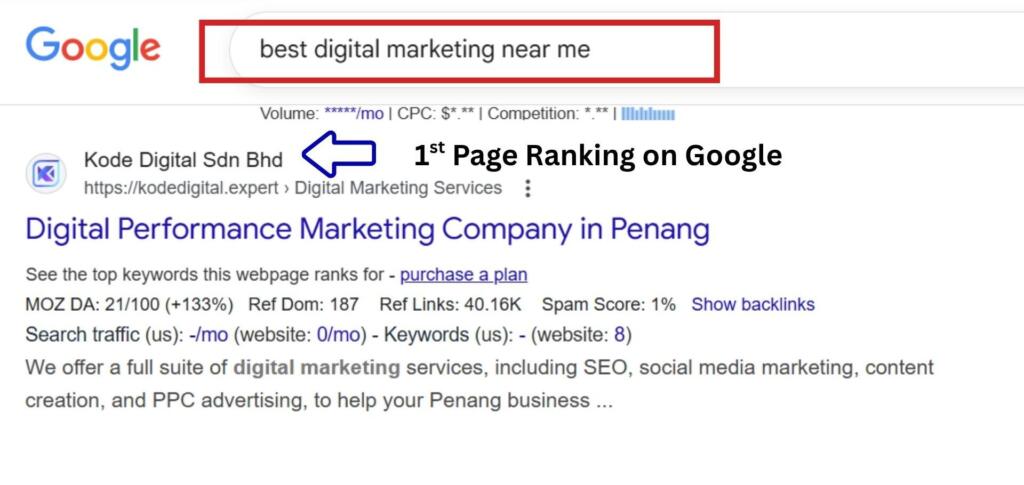
As a Digital Marketer rooted here in Penang, I observe a common, yet critically limiting, trend: most Small and Medium Enterprises (SMEs) in Malaysia are hyper-focused on the adrenaline rush of social media content and paid advertisements. It’s effective for short-term visibility, but I have to be frank—it’s short-sighted and financially unsustainable.
The question I constantly hear is: “How important is SEO?”
My answer is definitive: It is becoming the single most valuable, quality-driven, and cost-effective strategy you can adopt. It’s the difference between renting customer attention (ads) and owning your audience (SEO).
Here is a detailed breakdown of exactly why Malaysian businesses need to stop treating SEO as a passive exercise and start leveraging it as their foundational strategic asset.
1. Quality Audience vs. Instant Traffic: The Sustainable ROI Imperative
The fundamental financial argument for SEO hinges on shifting your focus from instant traffic to building a sustainable, high-quality audience.
The Cost-Dependency Trap
Paid Ads and Social Media are built on a transaction: you pay for every single click, impression, or lead.
Situation Example: Imagine a boutique furniture store in Kuala Lumpur. They run RM500 per week on Facebook Ads targeting “modern dining tables.” They get 500 clicks, but the moment they pause or reduce that RM500 budget, their traffic immediately flatlines. They are stuck in a cycle of constant expenditure just to maintain baseline visibility.
SEO (The “Slow Burn”)
This is where you invest in building a digital asset (your ranking, authority, and content structure). While it takes an initial 3–6 months to really build traction, the traffic you generate afterward is essentially free and compounding.
The High-Intent Advantage
SEO targets users with high purchase intent. These are people actively searching for a solution, not passively scrolling.
| Traffic Source | User Mindset & Intent | Value for Business |
|---|---|---|
| Paid Ads/Social | “Oh, that’s interesting.” (Interruption-based) |
Low to Moderate Conversion Rate |
| SEO (Organic Search) | “I need a solution for X now.” (Solution-seeking) |
High Conversion Rate |
Situation Example: A company offering HR consultancy services in Johor Bahru.
- Social Media Ad Traffic: Targets “business owners.” They might see the ad, but they aren’t necessarily looking for HR help right now. (Low Intent)
- SEO Traffic: Targets the keyword “how to calculate overtime correctly Malaysia 2024.” The user is dealing with an active HR compliance problem today and is much closer to needing professional help. (High Intent)
This high-intent traffic drastically reduces your long-term dependency on paid advertising, ensuring a much stronger, more predictable Return on Investment (ROI) over time.
For those who need to manage their budgets carefully, this is a good start to know how to strategically shift your marketing budget from PPC to Organic ROI
2. Trust is the New Currency: Why Authority Outweighs Visibility
In the current digital landscape, consumer skepticism is peaking. Consumers are smart, and they know the difference between an ad and a genuine recommendation.
The Credibility Gap
When consumers are conducting serious research—especially for high-ticket items, complex B2B services, or health and financial decisions—they instinctively gravitate towards Google.
Google’s Endorsement
A first-page Google ranking acts as an immediate third-party endorsement. It says, “Google’s sophisticated algorithm has evaluated this website and deemed it a reliable, established authority.” This grants your business instant credibility that no amount of Instagram stories can match.
The Buyer’s Journey
Your insight is crucial: 70–80% of buyers now start their journey by searching online.If your business is on the first page of Google, the customer immediately sees you as an established, trustworthy authority in your field. If you’re not there, you practically don’t exist to that high-intent buyer. To achieve this essential authority, consider investing in professional SEO services.
Situation Example: A customer is looking for a home solar panel installer in Malaysia. They see a beautiful, heavily advertised page on Instagram (maybe a new company). Then they search on Google for “best solar panel installer review Malaysia” and see a company with a high organic ranking, detailed case studies, and a wealth of educational content. Which one gets the quote request? The one with established authority.
Independent studies, such as the Edelman Trust Barometer, consistently show that while social media is a source of information, search engines and traditional media are often viewed as more credible and trustworthy sources for product and service validation.
3. SEO Feeds the AI Future: Securing Your Digital Footprint
The rise of generative AI and features like Google’s Search Generative Experience (SGE) is not eliminating SEO; it’s making the need for strong foundational SEO work even more critical.
The Authority Chain
AI systems and generative search functions do not invent knowledge; they synthesize high-quality, reliable information. They act as a sophisticated layer above the traditional search results.
AI’s Data Diet
If your website lacks the discoverability, structured data, and topical authority provided by robust SEO, the search engines and AI tools won’t recognize it as a legitimate source. You forfeit the chance to be cited as the “source of truth” in AI-generated answers.
The Reward System
Future search trends will explicitly reward websites that demonstrate topical authority—meaning you have comprehensive, well-structured content covering every aspect of your niche. This is the essence of advanced SEO, and it’s how you future-proof your business against algorithm shifts.
Situation Example: A pharmaceutical company needs to find a specialist in regulatory compliance for the Malaysian Ministry of Health (MOH). The person searches using SGE. If your competitor has meticulously optimized their site with structured data and comprehensive guides on MOH regulations, the SGE summary will cite and link to your competitor as the authoritative source. Your business, despite being experienced, loses the lead because your data wasn’t discoverable.
Investing in SEO now is the only way to ensure your business remains relevant and discoverable when the search experience shifts fully into the AI-driven environment of tomorrow.
A Final Word – It’s Not a Quick Fix; It’s Building Value
I totally agree—it’s crucial to expose and educate Malaysian business owners on how SEO works. It’s not a quick fix; it’s a slow-burn marketing strategy that builds genuine, compounding value. It is the only way to truly future-proof your digital presence and build a predictable engine for customer acquisition.
If you need the foundational step to help you begin, you can read the basic guide to improve the website ranking in Malaysia







